Are you just starting out on your renting journey? If so this might help! Today, I am sharing 5 things you need to consider when looking for a rental property.
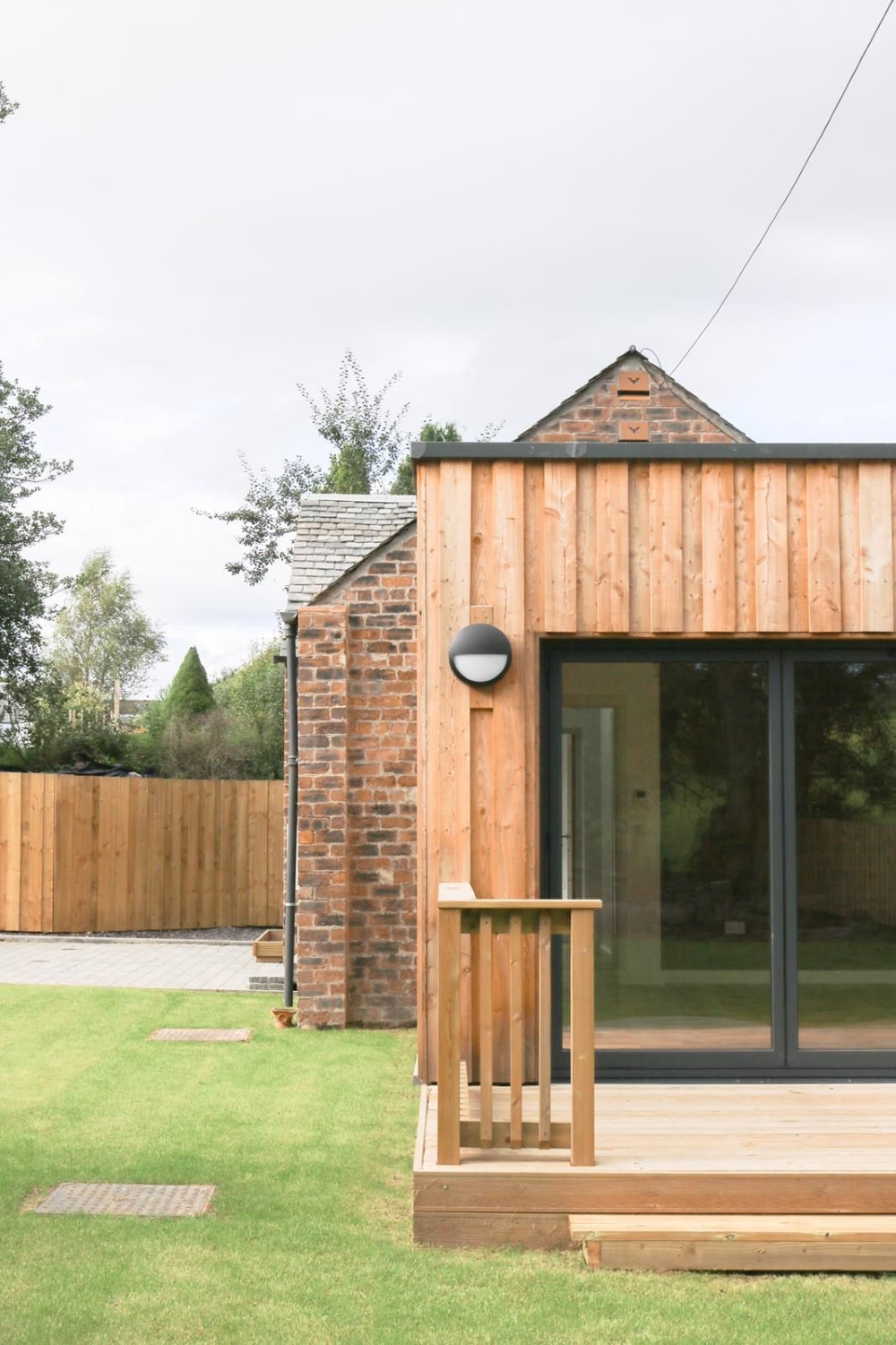
It’s easy to decide on a new home based on emotion and nothing else.
You find a property, take a look round and that’s it. If you like it you say ‘yes please’ and sign the contract, otherwise you move on to view the next one. However, having moved so many times myself, I am convinced there are times when emotion leads you in the wrong direction. I’ve moved into the wrong rented home more than once and found myself moving again much sooner than expected. There are very few things in life that are as stressful as moving house, so I want to share a few things you can think about first that might ease the pressure and help you to focus your search
First things first, make a checklist of the the below points and be a ruthless as you can. The rental market, like most others, is governed by supply and demand, so knowing how the market stands can be very useful.
1. Cost.
This is the bottom line. No matter how much you love the place if you don’t earn enough, you wont be able to afford it. Many landlords require you to earn three times the rent after tax, and will perform extensive credit checks to review your finances meet their criteria. Is the rent negotiable? If there aren’t too many renters interested or the landlord wants a quick sale , sometimes it is. In most cases you’ll be asked for a one month security deposit plus one month’s rent, but double check and don’t assume. Some landlords ask for larger deposits if you have pets, others ask for cleaning fees, some want a higher deposit than normal. Make sure to discuss all this before signing anything or handing over any money, in other words, negotiate while things are still negotiable.
2. Size
Two bedroom houses and flats are the most popular rental properties in busy cities and the first thing landlords invest in. If you search hard enough you can sometimes find a larger, three bedroom home for the same amount or money or even less. Bathrooms make a big difference as soon as you have a family and in my experience it’s really difficult to go back to one if you’ve been used to two, and the same can be said for three and four (although the latter really is a luxury!) .
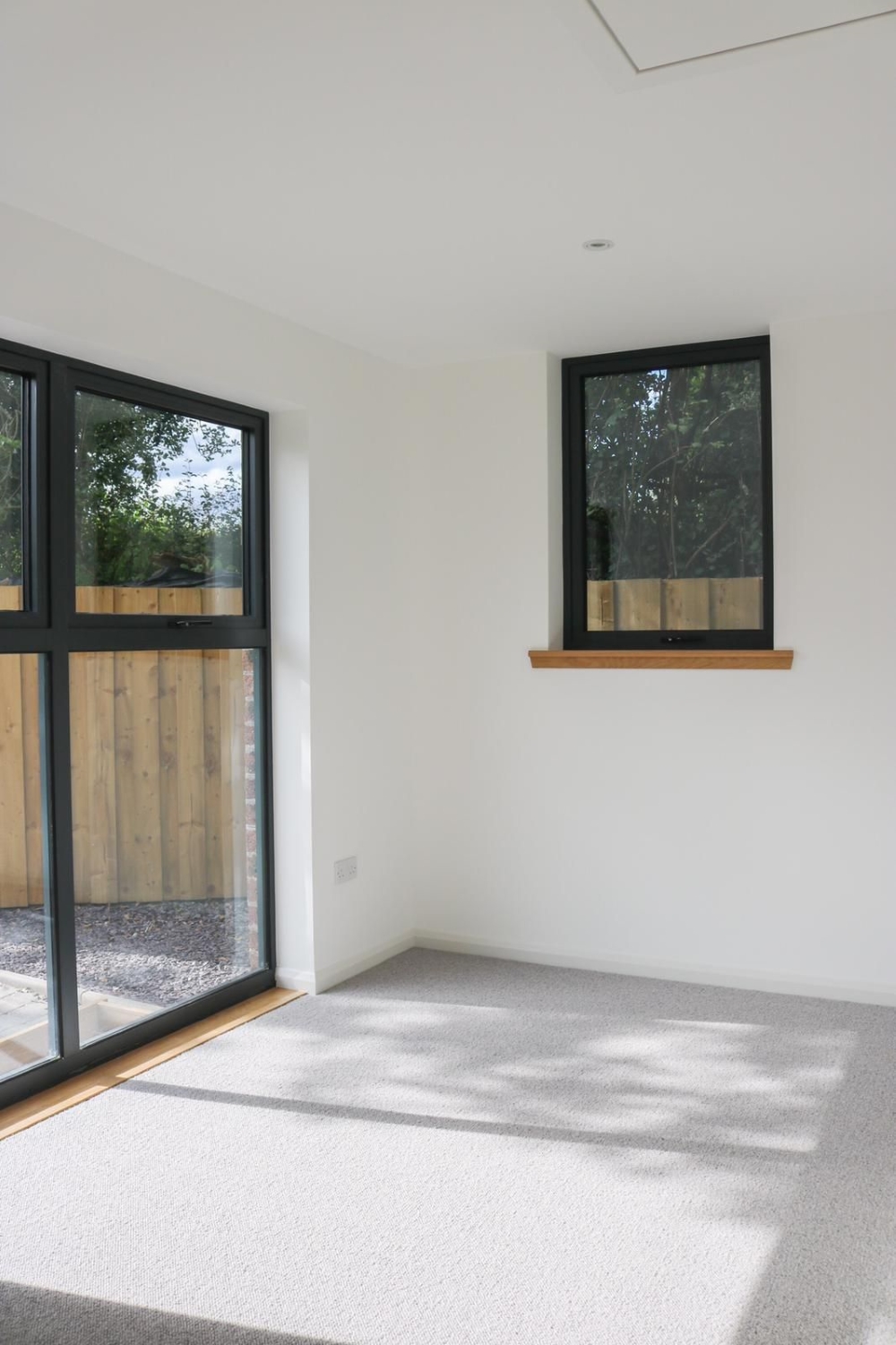
3. Location.
Do you like commuting? Do you need to commute? City centre homes, those most likely to be close to jobs, are typically smaller than those in the suburbs, but do you really want a long commute to work? How much of your day do you want to spend in a car or on public transport? If you hate commuting or enjoy city nightlife the city centre might be for you, even if all you can afford is a studio or bedsit.
If you have children, you might prefer child friendly areas with good school areas and abundant child care. If you have a large family and pets you might want to look for a property with a large garden in a more rural area. If you’re among the growing number of people who work from home then you won’t need to worry about commuting, but you will need to worry about having enough room for an office, a room you can close off from sticky fingers, barking dogs and crying babies.
4. Whats included?
Pay careful attention to what’s included in the price when looking for a rental property. Some landlords include utilities, but this is rare. If there are curtains in the property when you view it, are they included? You might want to take photographs to keep a record of it all. A building with high ceilings or wide windows can make life really expensive if you have to buy curtains for the windows. Be sure you know what equipment/furnishings are included. I rented a house in a small Oxfordshire village and at the end of the tenancy I heard the agent tell the new tenant the fridge was included, as were the hifi, the washing machine and the dryer. All of them were mine, so I can say with certainty, they weren’t there when he moved in!
The cost of household appliances like washing machines can mount up and while most rentals will include a fridge, they may not include a washer, a drier or even a dishwasher.
5 Point of call.
Last, but not least, its really important to know who your point of contact will be throughout your tenancy . Will it be the owner, your landlord, or the letting agent? Will the owner manage the property? If so, where is he/she? How do you get hold of them? My experience has been that properties run by rental agents are generally better than those run by Landlords. They don’t try to ignore you and they have dependable workmen who do necessary repairs. I rented a house in Berkshire for two years without incident until one bright winter’s day the heating failed and the owner, when we finally contacted him, refused to do repairs. On the flip side though, agents are a little less personal and can sometimes forget to see their tenants as real people.
At the end of it all, you need an affordable home, the right size in the right place. You need to know what you have to pay and when, and what your monthly rent includes, but most of all you need to know who you are dealing with. When renting a home, the right landlord can make all the difference! Do you agree?
We love when you share! Click the image below to save this ‘looking for a rental property post’ to Pinterest! You can follow HOW I RENT on Pinterest here.
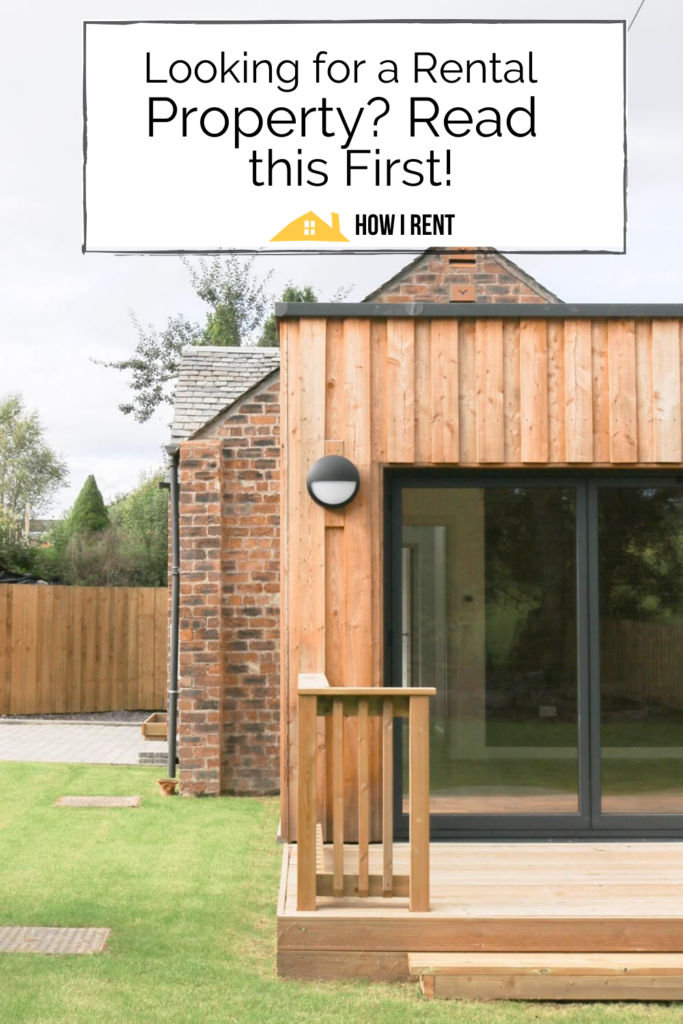
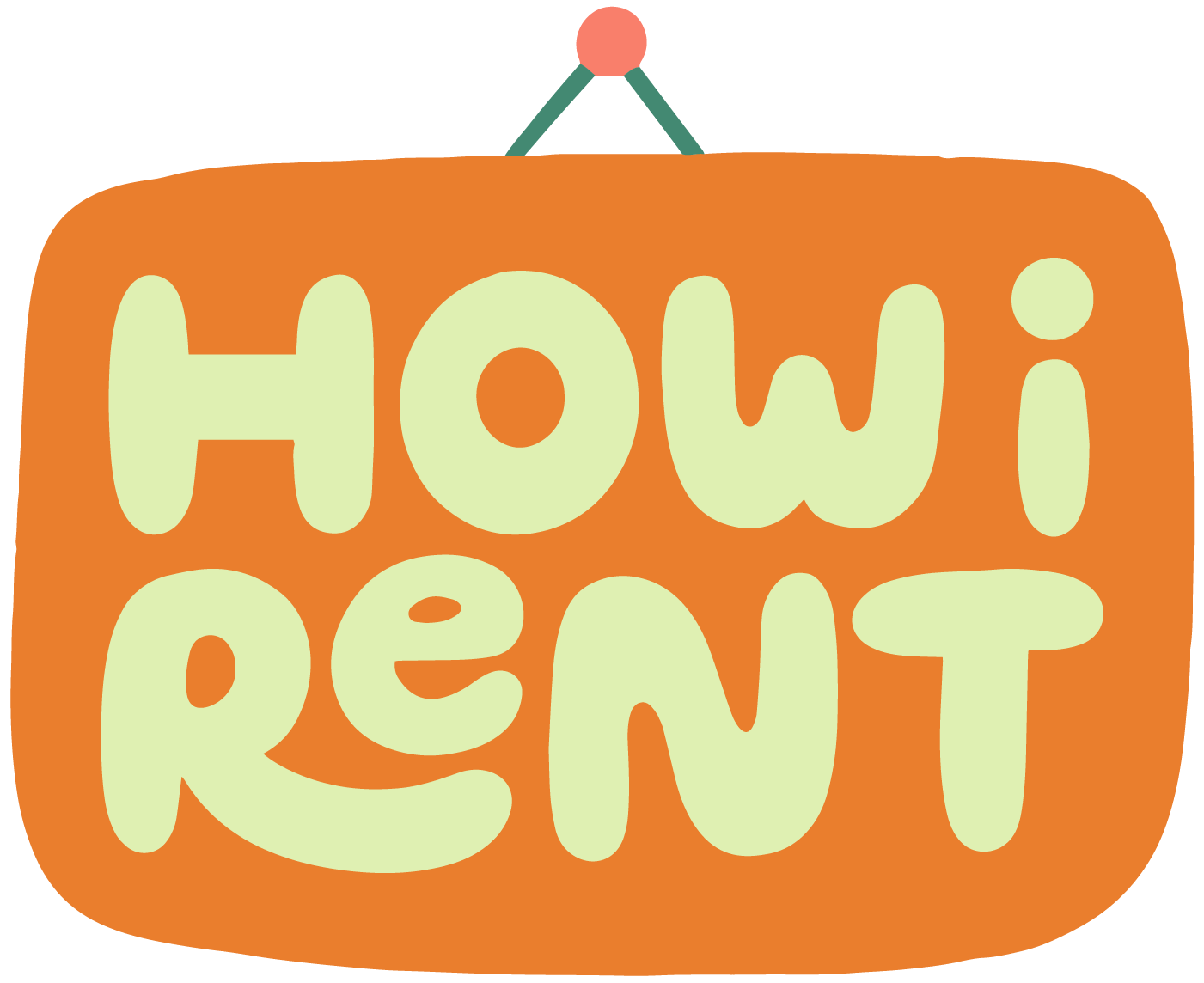

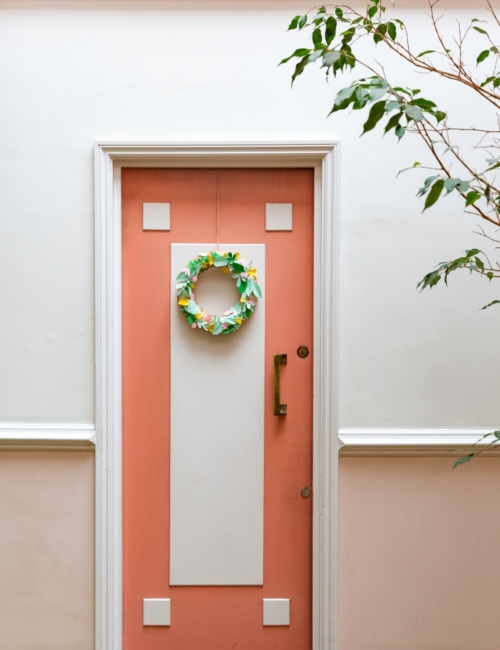
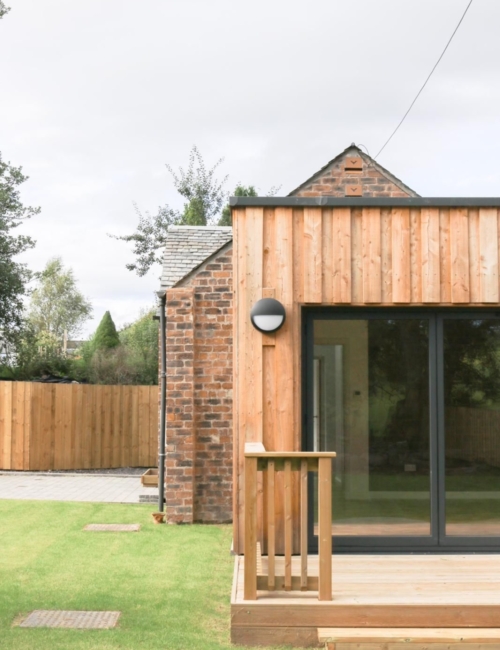
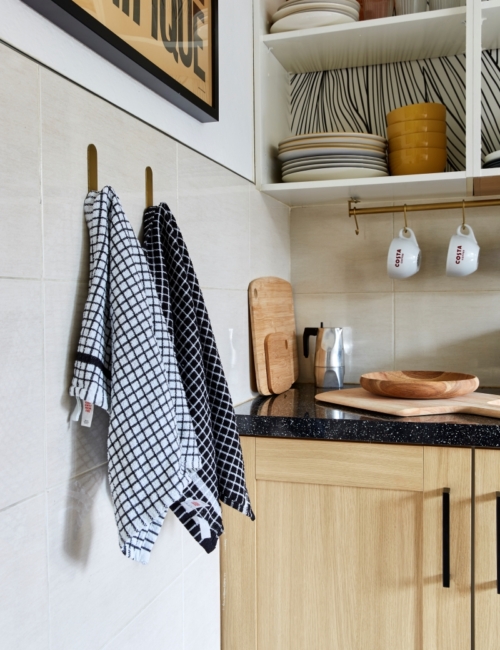

Leave a Reply